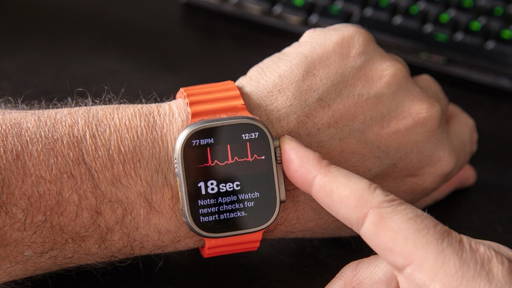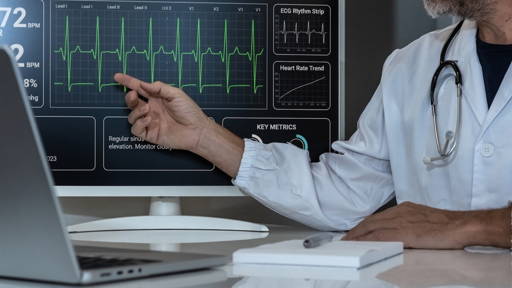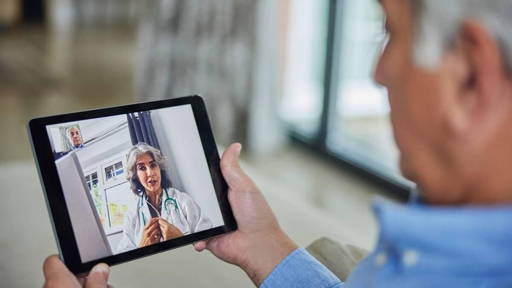Experts from the University of Nottingham have shown that multiple sclerosis (MS) can be successfully diagnosed using an MRI scan, eliminating the need for patients to undergo a painful lumbar puncture. An additional advantage is that a diagnosis can be made within minutes.
MS is a neurological disorder affecting about 34,000 people in the Netherlands and 2.5 million worldwide. Making a diagnosis is a complex and difficult process because the disease has many symptoms that certainly not all patients suffer from. In addition, MS is a condition that can develop in different ways, from slow to very fast.
MRI and epidural
There is currently no consensus on the best way to diagnose MS. Often, people suspected of having MS undergo a standard MRI scan and a lumbar puncture, in which a thin needle is inserted between the bones in the lower spine.
Besides being a painful experience for many patients, this can also cause unintended complications that can lead to hospitalisation. Added to this is the fact that diagnosis with an epidural may not always be successful. Abnormalities are not found in everyone with MS. Some people with conditions that can mimic MS, but need very different treatment, have similar abnormalities on lumbar puncture. Both problems can lead to misdiagnosis.
"More than half of all people diagnosed with MS in the UK have had at least one lumbar puncture, having suspected a diagnosis of MS. The findings of our study are particularly exciting because we have now shown that we can diagnose MS without this painful procedure," says Professor Nikos Evangelou, clinical professor of neurology at the University of Notttingham:
T2* MRI technique
The study, published in Neurology Open Access, used a T2*-weighted MRI. This can demonstrate lesions in the white matter of the brain centred around a vein - a known indicator of MS. For a conclusive diagnosis of MS, the team developed the ‘rule of six’, where if six lesions were found with a central vein, this confirmed the diagnosis of MS without having to analyse all the lesions.
The team conducted a prospective study in Nottingham, Cardiff and London with patients who had a suspected but not definitive diagnosis of MS. Each patient received an 8-minute MRI scan and a lumbar puncture, and after 18 months they were able to find out what the diagnosis was and whether it matched that of their first scan. The results show that using T2*-weighted MRI along with the ‘rule of six’ supported the diagnosis of MS as an alternative to lumbar puncture.
Diagnosing MS with MRI, without lumbar puncture
As a result of this study and previous research in Nottingham and in the US, the International Committee for the Diagnosis of MS recently announced that the MRI scan, as first proposed by the Nottingham research team, is sufficient to diagnose MS. A lumbar puncture is no longer necessary.
"Our findings will not only bring huge benefits to patients, but also save costs. People who receive a lumbar puncture have to spend at least the better part of a day in hospital. "With the MRI scan, it takes eight minutes, it is completely safe and then you can go home," Professor Evangelou said.
In 2021, a group of scientists called for more intensive use of big data and AI to improve MRI diagnostics MS. Late last year, Philips and icometrix presented AI-driven reporting software developed to support the creation, assessment and reporting of MRI brain scans.







